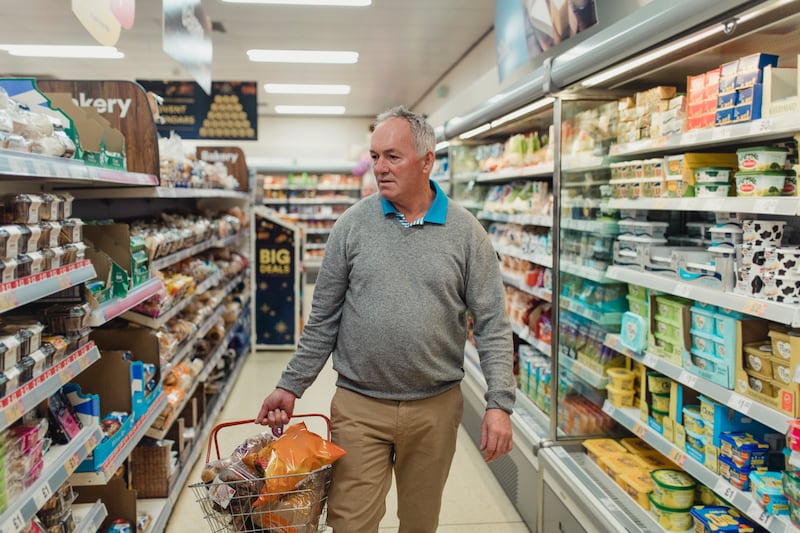FRESH turkey was a turn-off for Northern Ireland households this Christmas, figures from retail analysts Kantar show.
Its latest monthly figures show that the region's grocery market declined by 4.1 per cent in the 52 weeks to December 26 as people visited stores less frequently and bought fewer items on each trip than in 2020.
And within the statistics, Kantar revealed that a significant trend was a decline in sales of fresh turkeys by a massive 33 per cent as shoppers opted for different cuts and crowns, as well as other meats altogether.
Indeed they show that the market for roast beef had a strong year overall, increasing in value by 2.7 per cent.
Tesco remained the north's largest grocer with a 35.6 per cent market share over the past 52 weeks, though its sales declined by 3 per cent over the last 12-week period.
Lidl continues to be the only retailer to achieve growth, this time by 4.5 per cent. Its success was driven by shoppers increasing the number of trips to stores, which contributed an additional £20.8m to its overall performance.
Asda’s market share rose by 0.1 percentage points to 16.0 per cent, despite basket sizes being 8.2 per cent smaller, and Sainsbury’s maintained its 17.0 per cent share of the market.
“That means that each of the four largest supermarkets either maintained or grew their market share in 2021, reflecting a sharp drop off in the use of symbols and independent stores since the height of the pandemic in 2020,” according to Emer Healy, retail analyst at Kantar.
“The last12 weeks shows an 8.0 per cent decline in grocery market sales in Northern Ireland as shoppers bought 6.9 per cent fewer items and the number of trips to stores decreased by 5.2 per cent.
“This reflects a more open Christmas this year, with people spending money in restaurants, bars, and pubs rather than buying all their food and drink at supermarkets.”








